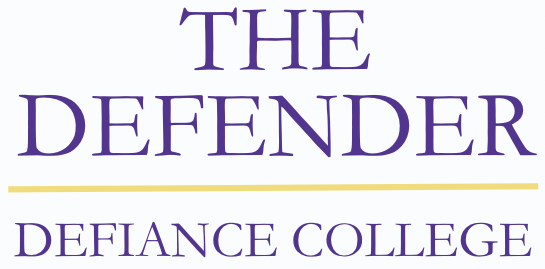Are College Students Drinking Too Much Coffee?
By Hannah Feldman
Caffeine is a part of every dining hall, every vending machine, every on-campus restaurant, and a complimentary feature of almost every university event. Around our campus, you find events like “Coffee with a Cop” serving coffee to students, local businesses offering discounts on coffee, and between every class, you see students stopping at the Hive to get some liquid energy.
Modern universities run on caffeine: 92% of college students consume caffeinated beverages, with many opting for gourmet café beverages or ready-to-go canned beverages for most of their caffeine intake (American Dining Creations). Stop into any college coffee shop, and you will probably see a line around the store of students preparing to order their ultra-customized daily treats: iced coffees with cold foam, hot teas with peach syrup, frappuccinos with extra espresso shots.
Some college students may consume excessive amounts of coffee, driven by academic pressures, late-night study sessions, or irregular sleep patterns. While moderate coffee consumption can have some benefits, such as increased alertness and improved cognitive function, excessive coffee intake can have negative consequences.
Drinking too many caffeinated beverages can result in hospitalization. As people consume more and more energy drinks, the number of energy drink-related ER visits has skyrocketed. The recommended dose of caffeine is under 400 mg, or about two Celsius energy drinks or four cups of black coffee. Yet, amid academic pressure and busy schedules, many students drink above the recommended intake to fuel themselves through long study sessions.
Which begs the question: should we reevaluate our relationship with caffeine culture? Is caffeine the only solution to increase our productivity, or are we just funneling money into an industry that has convinced us we need its products to survive?
There are several ways to boost your energy levels without relying on coffee or excessive caffeine intake. Here are some strategies to consider:
- Get Adequate Sleep: Aim for 7-9 hours daily to help your body recharge.
- Regular Exercise: Physical activity can increase your overall energy levels.
- Stay Hydrated: Sometimes, a glass of water can do more for your energy levels than a cup of coffee.
- Healthy Diet: Avoid excessive sugar and processed foods, which can lead to energy crashes.
- Regular Meals: Skipping meals can cause a drop in blood sugar levels, leading to fatigue.
- Manage Stress: Practice stress-reduction techniques like deep breathing, meditation, yoga, or mindfulness to help manage stress levels.
- Limit Screen Time: Excessive screen time, especially before bedtime, can disrupt sleep patterns.
- Power Naps: A short nap (around 20-30 minutes) can provide a quick energy boost without interfering with nighttime sleep. Avoid longer naps, which can lead to grogginess.
- Supplements: Consult with a healthcare professional before using supplements, but some people find that vitamins like B-complex or iron can help if they have specific deficiencies.
Remember that everyone’s energy needs and responses differ, so it may take some experimentation to find what works best for you.
Works Cited
Developer, Webfx. “How Coffee & Caffeine Impacts Student Performance.” American Dining Creations, 26 Apr. 2022, adc-us.com/blog/how-coffee-impacts-student-performance/.
